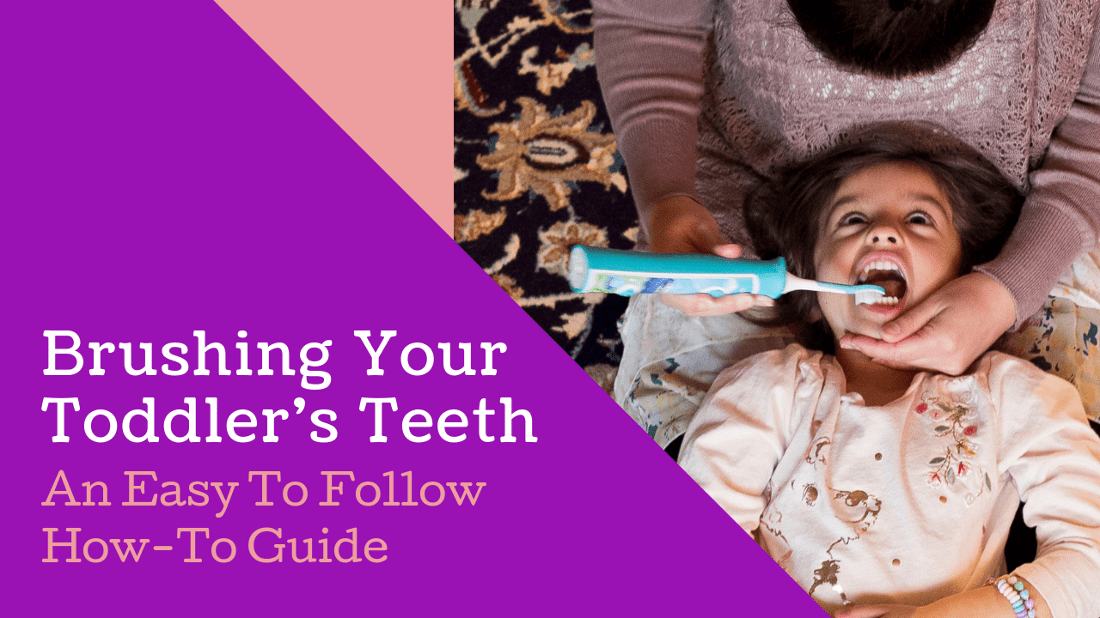
Nila Baby Shop
When it comes to cleanliness, you must pick your fights with your child as a parent. If your child despises having their hair brushed, you might be able to work out a shorter cut that takes less upkeep. What is one thing you will not compromise on as a parent? Brushing their teeth. Not only will clean, healthy teeth help you avoid costly dental care when your children are older (though that is vital, too!), but proper oral hygiene is also essential for general health. Some doctors believe that the bacteria that causes gum disease might enter the circulation and hurt heart health. Children can take over this chore with adult guidance between the ages of three and six, and by the age of eight, they should be brushing their teeth on their own. Whenever your child still resists brushing their teeth or refuses to take responsibility for this hygiene practice, it’s time to assist them in getting their mouth in dazzling, happy form. Are you unsure how to get them there? It’s a systematic procedure. Here’s where to begin.
Talk To Them
How many instances have you advised your kid to clean their teeth only to hear a whimper or a complaint in response? Brushing their teeth appears to most children a complete waste of time; it’s dull, their teeth don’t appear dirty, and who cares what happens to baby teeth? On the other hand, your child should be concerned because baby teeth are crucial! According to the American Dental Association, they retain room for the permanent teeth that will come in later; losing baby teeth too early to dental cavities can create congestion and other difficulties. However, because your child is unaware of this, you should discuss the necessity of cleaning their teeth twice a day with them. Here are some basic techniques and tactics to utilize anytime your child resists brushing and flossing their teeth.
- Brush your teeth in the morning and evening with your youngster. Little children like imitating adult conduct.
- Could you pay attention to what they want? Do not insist on minty toothpaste if your youngster wants bubble gum flavored toothpaste. It’s ok if they want to test an electric toothbrush. Whatever it takes to convince them to clean their teeth.
- Experiment with a cavities science project. Most children learn best via visual examples, so showing your child what happens to their teeth when they eat and when they don’t brush may be beneficial.
- Provide a variety of options. Rather than dictating when your child must clean their teeth, ask if they prefer to brush them before or after getting dressed in the morning. This gives them a sense of control without releasing them from responsibility.
- Teach your kid that we cleanse our hands multiple times a day to keep germs at bay, so we don’t get ill and do the same thing when we brush our teeth.
- Could you take it in turns? Allow your toddler to wash their teeth first, then tell them it’s time for you to brush yours. Brushing is difficult for children under six since they lack the necessary movement skills. An adult must brush them. However, enabling them to do it initially allows them to learn and practice.
Make a step-by-step plan to complete the task.
It may seem funny because you could easily wash your teeth in your sleep, but multi-step procedures overwhelm children rapidly. They have to take out their toothbrush, dip it in toothpaste, and then clean their teeth. Fortunately, this is a simple issue to resolve. Divide all of these tiny, uncomplicated activities into sections for your youngster to tick off one by one. With a bit of repetition, some youngsters will be able to recall these procedures, while others may require a visual reminder. That’s fine! This list of guidelines should be written or printed, or an orderly series of photos should be created so they can follow along with the steps. It should be laminated and kept in the washroom so that your kid may refer to it as they learn to brush on their own.
Develop a Personal Routine
Kids, like adults, are prone to forgetfulness, but they are also logical thinkers. The simplest method to assist your kid, including dental hygiene in their daily routine, is to link it to other activities they perform without thinking about, such as getting dressed or undressed, getting in or out of the bath or shower, and eating breakfast, or eating dessert. You can’t go utterly hands-off until you feel your child has effectively taken on the task on their own. Plan to check in with your kid frequently to see whether they’re brushing twice a day and if they’ve seen any changes in their teeth or gums, such as discomfort or hypersensitivity. You may need to carefully inspect the child’s mouth to ensure they’re brushing thoroughly enough (or even check their breath to ensure it’s not too nasty!). Even if your child is holding up their half of the brushing agreement, you are still responsible for your child’s dental health for the time being. Therefore you must continue to ensure that it is appropriately done.
Written by Nila Baby Shop
Best Baby and Mother Products Store. Our main objective is to provide an exceptional online shopping experience, home delivery, and prompt customer service.
Leave a Reply